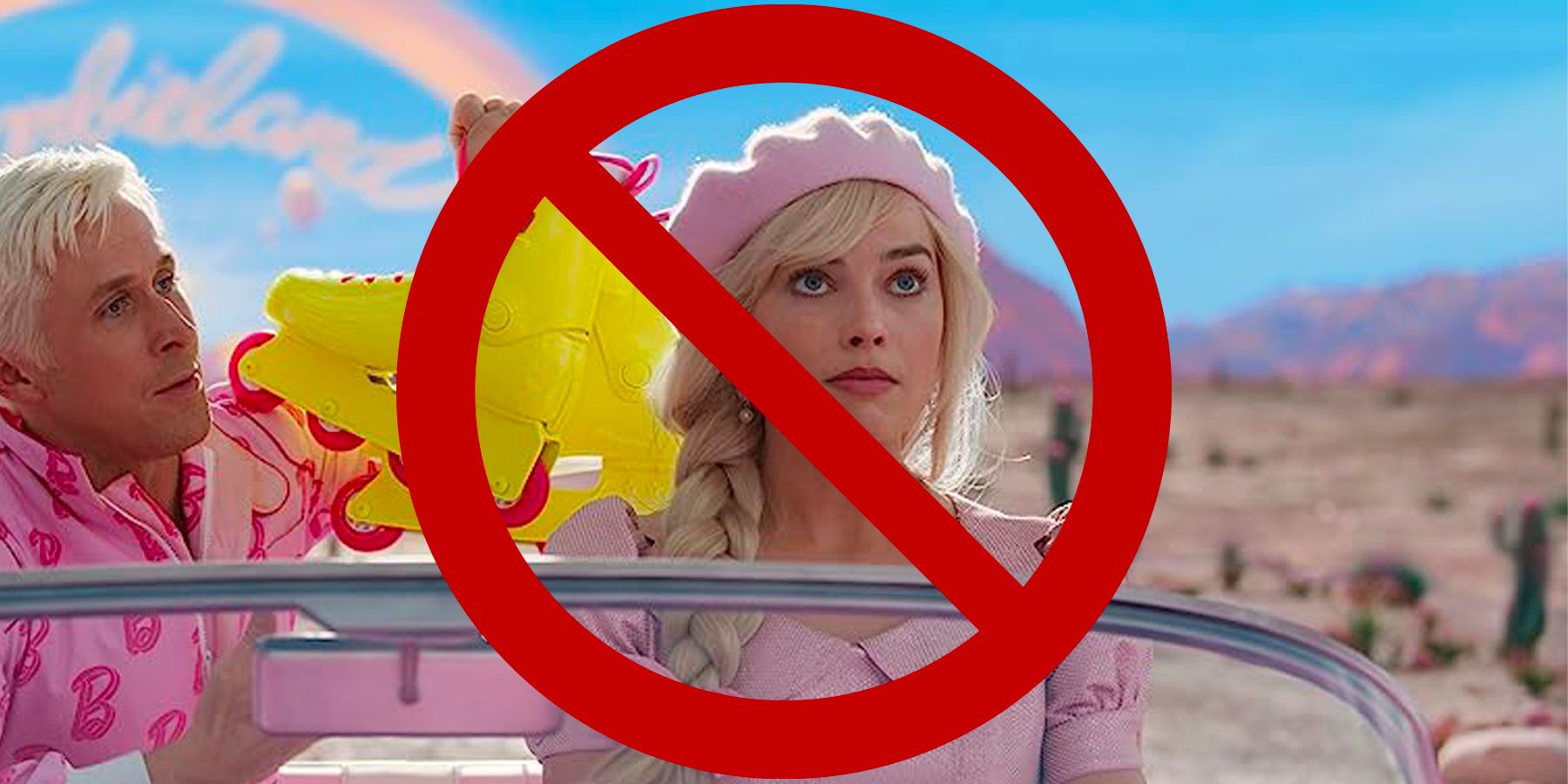
Barbie-Banning Trend Spreads: Two Additional Countries Join the Movement!

Margot Robbie's Barbie movie sparks controversy in the Middle East as two more countries consider banning it, citing concerns over its portrayal of feminism and sexuality
Highlights
Barbie, the reimagined film with feminist themes, has been widely celebrated but also faced backlash due to its core discussion of feminism and power imbalance.
Vietnam initially banned Barbie screenings because of its portrayal of China's territorial claims. Now, Lebanon and Kuwait are also attempting to prohibit the film, citing its promotion of homosexuality and contradiction of religious values. Despite the Middle East's track record of censoring or prohibiting movies addressing sex, homosexuality, and religious matters, Gerwig's Barbie has achieved unprecedented success. It has received praise from critics and audiences and has generated substantial box office revenues.
Since its release in July, Greta Gerwig's reimagining of the iconic Mattel doll, Barbie, has gained worldwide popularity. Fans have enthusiastically embraced the film, showcasing their excitement by donning pink attire and flocking to theaters. Margot Robbie portrays Barbie in the movie, which explores her journey from Barbieland to the real world. Here, she discovers the prevailing influence of patriarchy and the challenges faced by women. While the film has been praised for its thought-provoking exploration of feminism, power dynamics, and womanhood, as well as its brilliant cast and hilarious dialogue, it has also sparked controversy. Vietnam initially prohibited screenings of Barbie due to its depiction of a map featuring the nine-dash line, which asserts China's territorial claims in the South China Sea. Now, two more countries are considering banning the film within their borders, three weeks after its premiere.
Lebanon's culture minister, Mohammad Mortada, declared on Wednesday that Barbie was promoting homosexuality and contradicting "values of faith and morality," according to Variety. Mortada stated, "The film undermines Lebanon's moral and religious values by promoting deviance and gender fluidity, while also denigrating and ridiculing the essential role of mothers." Following the culture minister's remarks, the General Security's censorship committee will now assess the films and provide their recommendation.
In addition, Kuwait has officially joined the group of countries banning Barbie. According to the state's news agency, the decision was made to protect "public ethics and social traditions," and included a ban on the supernatural horror film Talk to Me. Meanwhile, it is not surprising that Lebanon has also taken action against the Warner Bros. film. The country has long been considered one of the most liberal parts of the Middle East, even hosting a gay pride week in 2017. However, experts believe that current economic and political instability may lead to a shift in Lebanon's stance.
Censorship and bans on movies dealing with sex, homosexuality, and religious issues are not uncommon in the Middle East. Barbie's release in the region was repeatedly delayed due to concerns about LGBTQ-related elements in the film. Despite this, Gerwig's Barbie has still made history in the industry, receiving positive reviews and earning $1 billion at the global box office, making it the highest-grossing film directed by a female filmmaker.
Barbie is now playing in theaters.
Source: Variety














